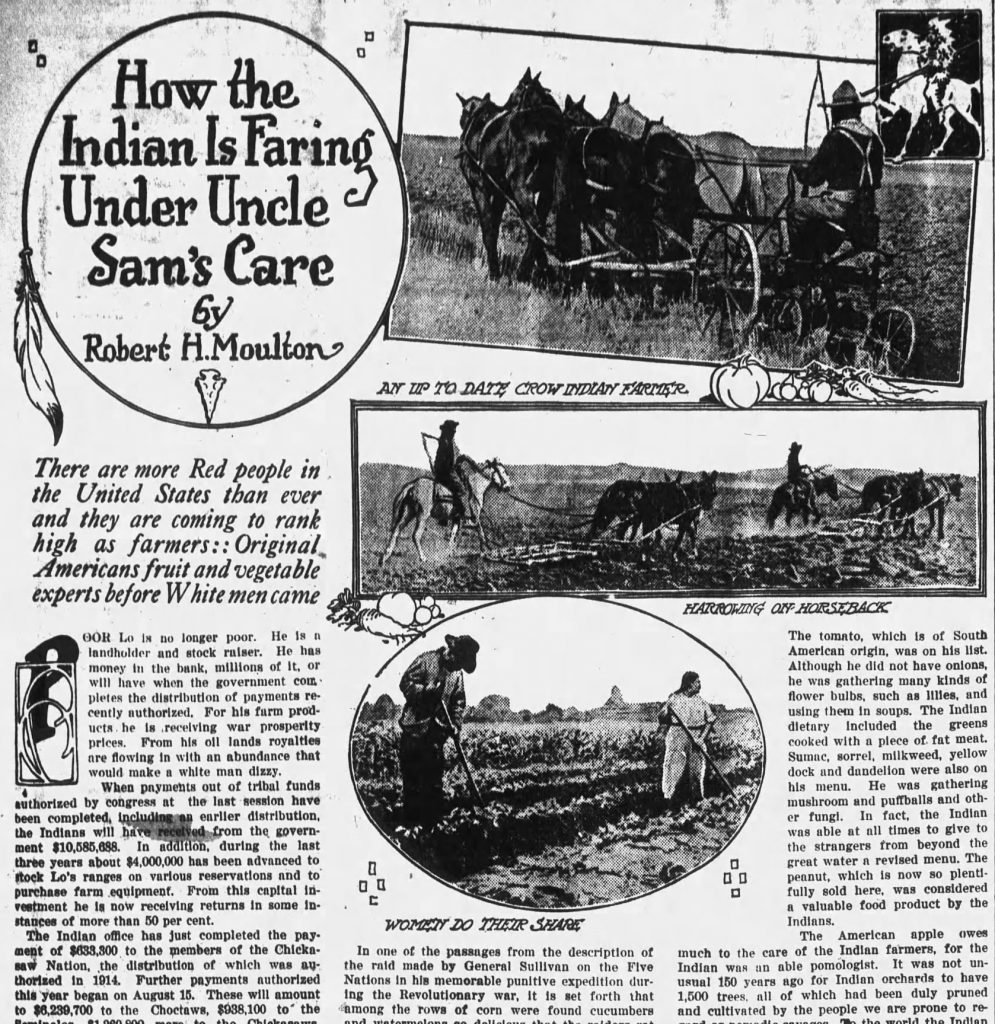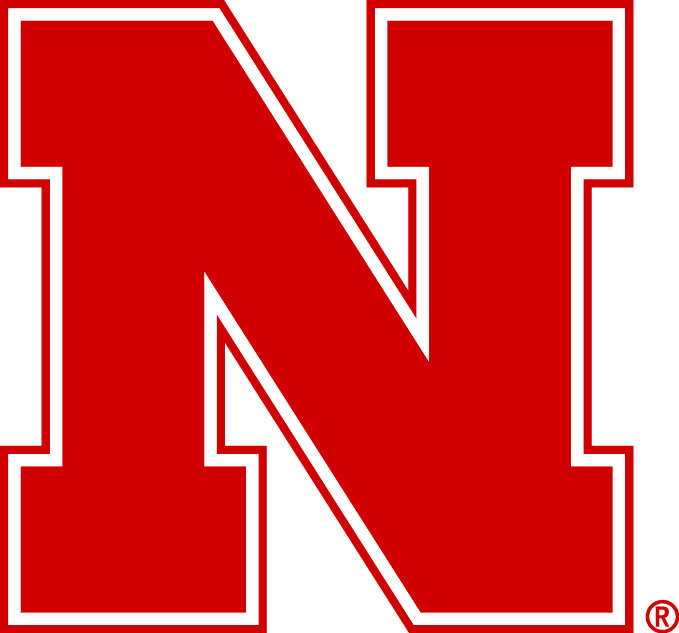On April 2, 2025, the University of Nebraska was informed that seven existing grants from the National Endowment for the Humanities totaling around $850,000 had been canceled. Included in these cuts was funding for the National Digital Newspaper Project (NDNP), which stopped our work of digitizing Nebraska’s historic newspapers immediately.
The UNL Libraries was awarded its first NEH grant for the NDNP in 2007 and since then we have digitized more than half a million pages of historic Nebraska newspapers for inclusion in the Library of Congress’s Chronicling America website. Chronicling America aggregates digitized newspapers from all 50 states, the District of Columbia, Puerto Rico, and the US Virgin Islands. The newspapers are freely available for reading and download and are fully searchable alongside the other holdings of the Library of Congress.
Over the years, we’ve digitized titles from the major cities of Omaha and Lincoln to smaller towns, such as Red Cloud, Broken Bow, and Shelton. Geographically, the papers range from Harrison in the northern panhandle to Falls City in far southeastern Nebraska. Besides English language titles, we’ve digitized German, Czech, Italian, and Polish language papers. Some of the papers of note are the Omaha Bee, with its beautiful Sunday Illustrated section; the Omaha Monitor, one of Nebraska’s prominent Black newspapers; and the national suffrage paper the Woman’s Tribune, published in Beatrice, Nebraska.

Statistics from the Library of Congress show that in an average month, the Chronicling America website serves about 20,000 pages that were digitized by the UNL Libraries, with a peak of about 27,000 pages during the time when high school students are working on National History Day projects. Birth announcements, obituaries, engagement and marriage announcements, and legal notices are extensively used by both professional and amateur genealogists. University and independent researchers heavily utilize the papers, whether they are researching poetry distribution in newspapers, William F. “Buffalo Bill” Cody’s use of stories and advertisements for marketing and promotion, or the demise of the use of the German language in Nebraska during World War I. Recently, researchers working on the Nebraska Stories of Humanity project were able to locate a news article in the O’Neill Frontier documenting the first public speaking engagement of Bea Karp, a child survivor of Nazi Germany who spent her adult life speaking at Nebraska schools and civic organizations about the atrocities of the Holocaust.

The good news is that despite the cuts to grant funding the Library of Congress is committed to maintaining all previously digitized newspaper pages from around the country currently totaling roughly 26.5 million pages and encompassing more than 8,000 titles. The University of Nebraska is also committed to maintaining the Nebraska Newspapers site, which includes all of the Nebraska titles digitized though NDNP funding, plus some additional papers such as UNL’s student newspaper The Daily Nebraskan.
The bad news is we can no longer proceed with our digitization efforts. Our advisory board had already met and selected the titles, and we were working with the Nebraska State Historical Society which holds most of the newspaper microfilm for Nebraska to purchase reels for digitization. In addition, we were working with other holding institutions, such as Augustana College, which holds reels of Nebraska’s longest running Swedish language newspaper the Omaha-posten, and the State Library of Pennsylvania, which holds some of our Nebraska POW camp newspapers. Work had already been started on both the South Omaha Stockman, a newspaper devoted to the South Omaha Stockyards which we believe holds valuable insight into Nebraska’s beef industry and the Genoa Leader-Times, rich with information about Nebraska’s Indian Industrial School in Genoa, Nebraska. The termination of our grant means that the prep work on these and other titles will have been for naught, and that these papers will not be included in Chronicling America or Nebraska Newspapers.

On May 1, the American Council of Learned Societies, the American Historical Association, and the Modern Language Association filed a lawsuit seeking to reverse the cuts to the NEH and so we remain hopeful that funding will be restored and that we can continue to make available to our researchers this important piece of Nebraska’s history.

